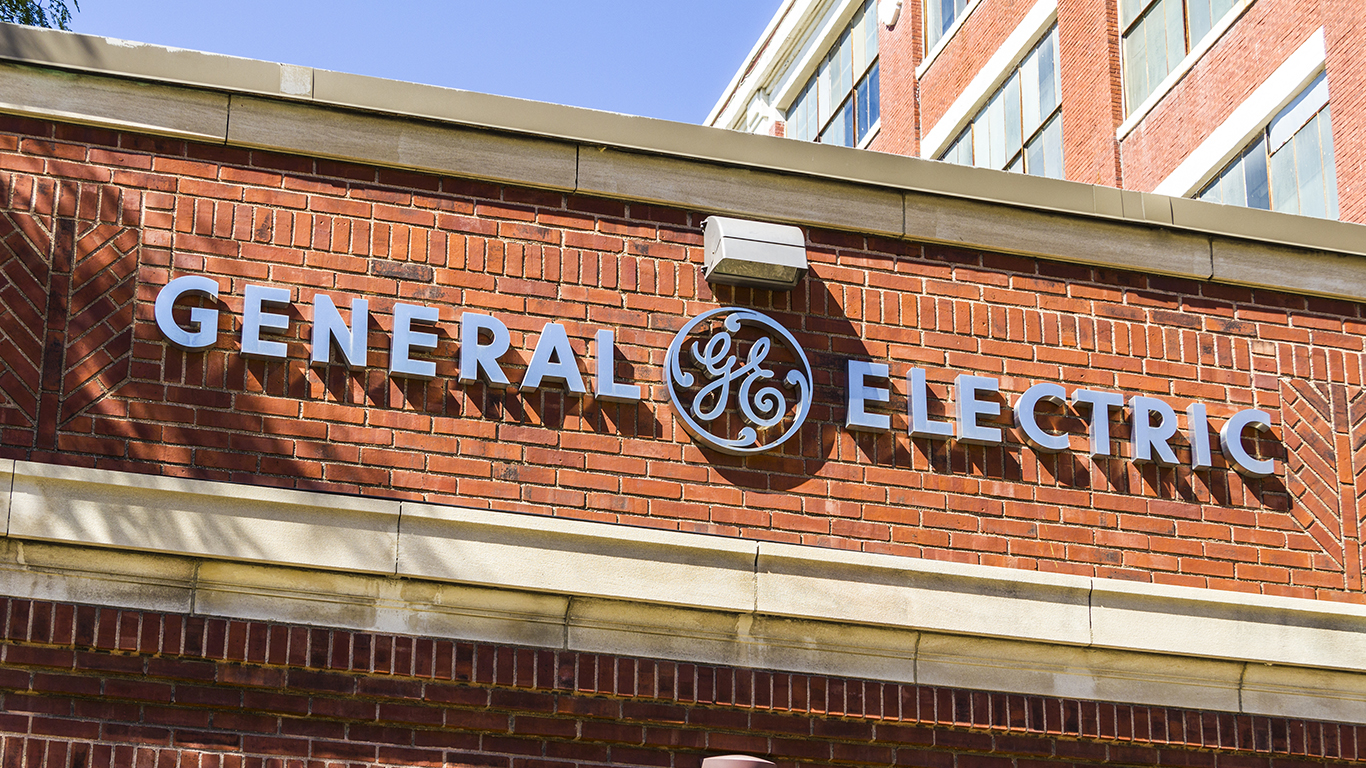
Many investors have operated under the hope and belief that the worst has been seen at General Electric Co. (NYSE: GE). After all, its shares have been cut in half and then some, it’s already involved in a monumental restructuring and it has been booted out of the Dow Jones industrial average. Unfortunately for GE holders, there may be more bad times ahead, if a very negative analyst continues to be correct about the conglomerate.
JPMorgan has been negative on GE for some time, and long before it was cool to be negative about Jeff Immelt’s plans. The research report also is not saying “enough is enough” here at all. JPMorgan’s Stephen Tusa said that the data points he has seen continue to support a bearish view. In other words, Tusa thinks GE has even more downside ahead. His rating is Underweight, and the price target of $11 represents about 10% in implied downside. The term “Underweight” in ratings is effectively synonymous with “Sell.”
The bearish report notes that each company filing shows increased evidence that there is likely material downside to GE’s consensus earnings expectations for 2019. One issue mentioned was that GE Capital continues to shrink and each industrial business looks less impressive.
That’s bad news for those investors hoping for an outright breakup of GE. In other words, GE might not be worth more when you just add up the value of the standalone entities without the major corporation stature of today. Thomson Reuters has consensus earnings estimates of $0.94 per share in 2018 and $1.01 in 2020.
GE shares have a 52-week trading range of $11.94 to $25.21, and the 0.9% drop to $12.47 in midday trading on Friday doesn’t look good. To add insult to injury, GE was a $30 stock not that long ago.
Just because one analyst is negative does not necessarily mean that he has a crystal ball. The consensus analyst price target from Thomson Reuters currently is just under $17. That said, JPMorgan has had an Underweight rating on GE since May of 2016 (back when GE shares were just over $30) and the firm has lowered its target price more than once since that initial downgrade. That means this firm has been more accurate than the consensus estimate by a long shot.
The Average American Has No Idea How Much Money You Can Make Today (Sponsor)
The last few years made people forget how much banks and CD’s can pay. Meanwhile, interest rates have spiked and many can afford to pay you much more, but most are keeping yields low and hoping you won’t notice.
But there is good news. To win qualified customers, some accounts are paying almost 10x the national average! That’s an incredible way to keep your money safe and earn more at the same time. Our top pick for high yield savings accounts includes other benefits as well. You can earn up to 3.80% with a Checking & Savings Account today Sign up and get up to $300 with direct deposit. No account fees. FDIC Insured.
Click here to see how much more you could be earning on your savings today. It takes just a few minutes to open an account to make your money work for you.
Our top pick for high yield savings accounts includes other benefits as well. You can earn up to 4.00% with a Checking & Savings Account from Sofi. Sign up and get up to $300 with direct deposit. No account fees. FDIC Insured.
Thank you for reading! Have some feedback for us?
Contact the 24/7 Wall St. editorial team.
 24/7 Wall St.
24/7 Wall St.



